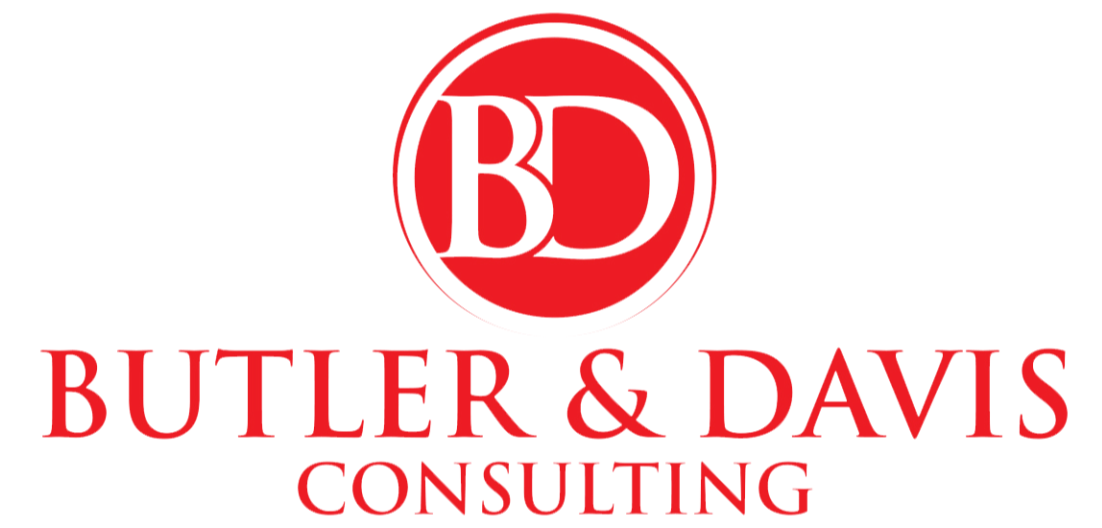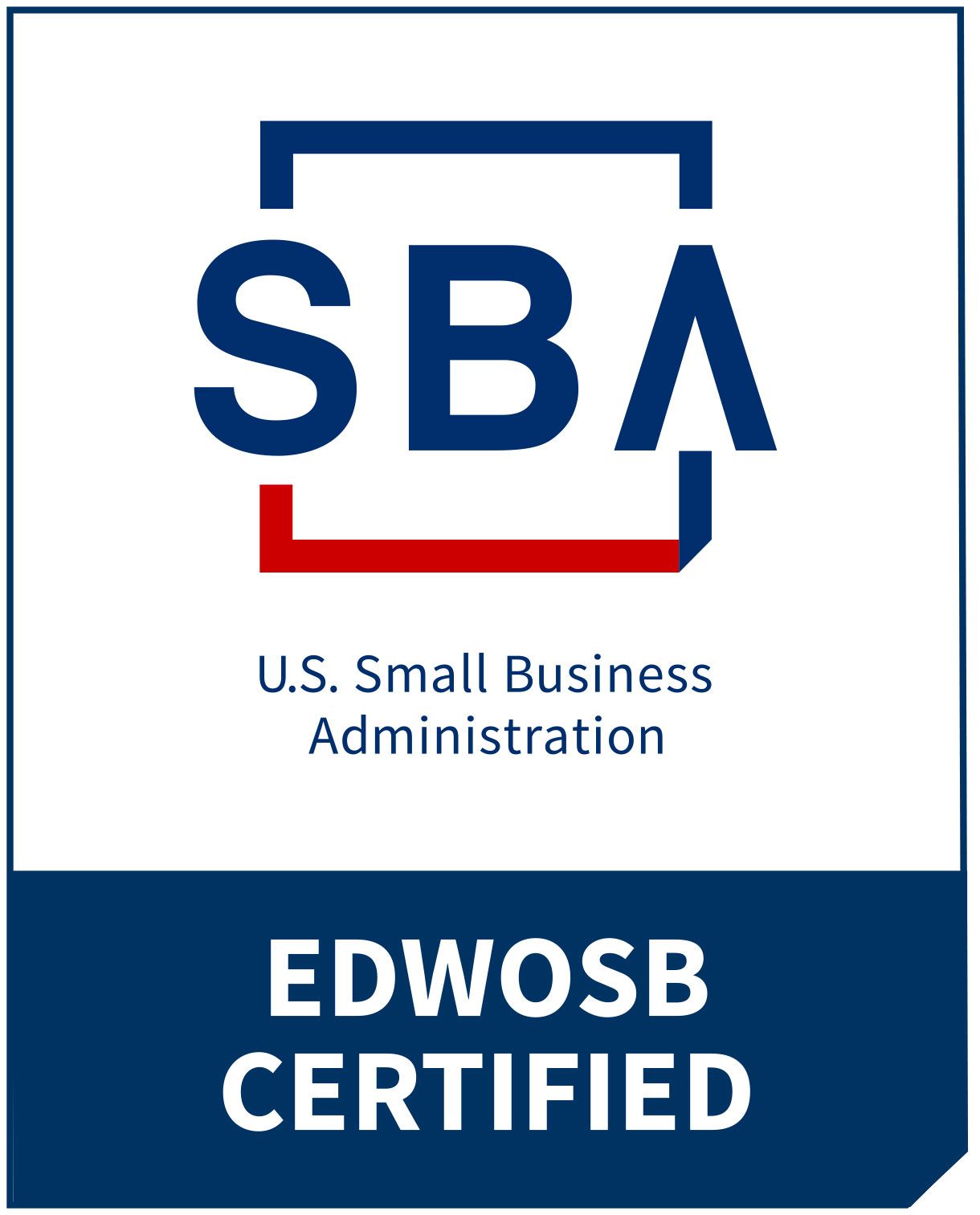Research indicates that well-managed, diverse teams exhibit superior performance, commitment, collective intelligence, and problem-solving skills. But implicit bias can impede, stopping good work in its tracks.The NIH defines implicit bias as "a form of bias that occurs automatically and unintentionally that nevertheless affects judgments, decisions, and behaviors." It involves the unconscious attitudes influencing our actions and is an omnipresent force shaping our interactions. Implicit bias is not exclusive to a particular group; it affects us all.So how can you overcome this challenge and ensure your team maximizes the contributions of diverse perspectives?
Implicit bias is an invisible barrier within teamwork, casting shadows of misunderstanding and fostering an exclusionary environment. When left unaddressed, these biases can disrupt the harmonious flow of collaboration, impeding the collective effort to achieve common goals.Misinterpretations fueled by implicit bias can sow seeds of discord among team members, leading to communication breakdowns and diminishing the team's overall effectiveness. By shedding light on these unconscious prejudices, teams can cultivate an atmosphere of openness, trust, and understanding, laying the foundation for improved collaboration and heightened success.
Addressing and interrupting bias can feel like a formidable task, but it is a critical action we must take. But how? According to Harvard research, recommendations for addressing bias in day-to-day operations state that leaders should distribute high- and low-value tasks evenly and conduct meetings that guarantee the inclusion of all voices.
When evaluating and developing personnel, managers should articulate clear criteria for positive reviews and promotions, adhere to these guidelines, and distinguish between potential, performance, and personality in assessing skill sets.

Another vital key to dismantling the impact of implicit bias lies in challenging our perspectives. It's not necessarily about discarding personal beliefs or values but expanding our understanding.Actively challenging one's perspective goes beyond personal development; it transforms an individual into a team player. By fostering empathy and understanding, team members create a psychologically safe environment that embraces differences, allowing collaboration to flourish. And being open to change is not a sign of weakness but an indicator of personal and professional growth.Diverse viewpoints bring creative problem-solving to the forefront, offering innovative solutions that may not have surfaced within a homogenous mindset.
While dismantling implicit bias is critical across all sectors, professions, and industries, social workers and other behavioral health workers must address how implicit biases show up in their work. nImplicit biases, if unexamined, can inadvertently shape the delivery of services, potentially leading to disparities in care and reinforcing systemic inequalities. As advocates for social justice and equity, social workers must recognize that their biases can influence assessments, interventions, and interactions with clients. Proactively addressing implicit biases enhances your ability to provide culturally competent, unbiased, and inclusive services. This self-awareness fosters a more trusting and supportive client-practitioner relationship and contributes to dismantling barriers to equitable care, ultimately promoting a more just and compassionate society.
Implicit bias training, in the context of clinical documentation, can assist clinical service providers and educators by:
- Increasing awareness of mental shortcuts that contribute to generalized judgments.
- Learning strategies to counter bias and minimize vulnerability to implicit bias.
- Encouraging the creation of objective, respectful, and bias-free clinical documentation.
As we navigate the intricate landscape of our diverse society, the importance of embracing diversity, challenging bias, and developing a broader perspective cannot be overstated.Understanding implicit bias and actively challenging our perspectives paves the way for more inclusive teamwork, effective conflict resolution, and better outcomes for the people we serve..



